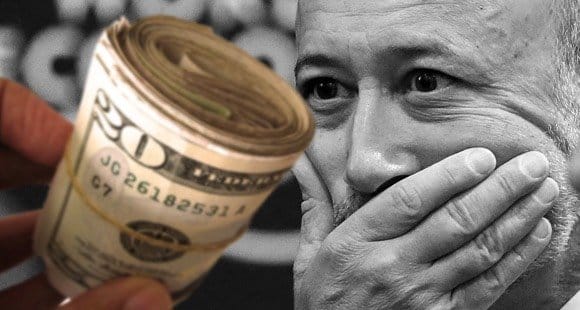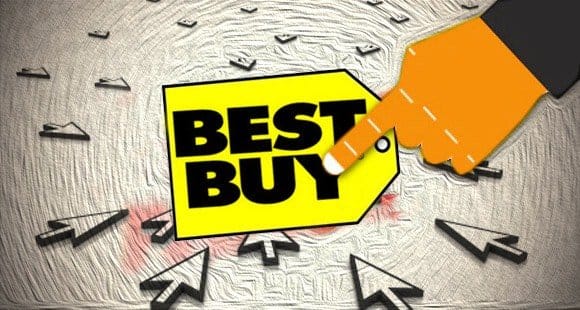Is It Legal to Buy and Sell Website Traffic?

In order to make money from a website, you need traffic. There are tons of ways to get traffic, from the slow growth word of mouth build to the instant traffic purchase. Millions of blog posts on thousands of websites have been dedicated to ways to increase your traffic over the last two decades.
Perhaps one of the most attractive options is the instant growth infusion of a traffic purchase. It sounds too good to be true, right? Spend a bit of cash – generally under $10 per thousand visitors – and get a sudden boost in traffic.
This method of boosting your hit count has existed for almost as long as websites have care about hit counts. Many have called it a black hat technique. Many more claim it doesn’t work. Some in the seedier underbelly of Internet marketing claim it certainly does work. If it didn’t work, why would it still be possible? After all, other dead, nonfunctional services don’t exist once they fold over.
The reality is that traffic purchasing is a very complex industry with a lot of ins and outs. If you’re considering it, you’ve probably asked yourself the question in the title; is it legal? Well, prepare to learn more than you wanted to know about buying traffic.
The Legality of Traffic Buying
First off, to answer the main nagging question, yes. Buying traffic is perfectly legal. So is selling traffic. There are no laws anywhere in the world that restrict you from purchasing traffic. You cannot have your website confiscated, your business fined or your CEO arrested by buying traffic.
However, there is one exception. When the traffic is provided by an illegal source. This link is from two years ago, but the trend still happens here and there; the traffic you buy comes from hackers who compromised legitimate sites and redirect their legitimate traffic. You aren’t doing anything illegal, but you are effectively buying stolen goods. Are you likely to be prosecuted? Probably not. Most times, when you buy traffic, it comes from software or from a third world clickfarm.
That’s not to say that your hands are perfectly clean when you buy traffic. There are a few good reasons to avoid it.
• It’s immoral. Think of traffic buying in the same way you might think of an athlete using performance enhancing drugs. The analogy isn’t perfect – steroids are typically illegal, or at least banned in competition – but it gives you the same general mindset. You’re doing something to get ahead, not by your own merits, but on the backs of artificial growth.
• It supports a shady industry. When you’re giving money to people in exchange for traffic, that money is going to support further sales of traffic, which exacerbates the problem.
• It gets you on the bad side of the search engines. Google, Bing and other search engines generally don’t like it when you try to game their search results. This means that you’re going to face a lowered ranking, manual penalties or possible removal from the search results altogether.
• It doesn’t really benefit you at all. You’ll see why when we go into the details of the types of traffic you can buy, but suffice it to say the traffic you get when you buy does little more than increase load on your server and increment your bounce rate.
Types of Purchased Traffic
When you purchase traffic, you’re essentially getting one of three types of traffic.
- Robot traffic.
- Clickfarm traffic.
- Redirected stolen traffic.
The first kind is a simple kind of software that spoofs different user agents so it’s harder to filter. However, when you strip the sophistication away, there’s little more to the software than a robot sitting on your page and hitting the refresh button over and over. It does less than nothing for you. It barely loads your page. It doesn’t read your content. It doesn’t click your ads. It certainly never purchases a product. It’s obvious how worthless it is.
The second kind of traffic comes from banks of actual human beings. Picture something like a cross between a call center and a sweatshop. These people do nothing but like pages and load websites all day. The traffic comes from real human beings, but that’s the only benefit to it. It’s all from people who don’t care about your content, don’t want to explore your site, don’t have time to sign up for your newsletter, will never purchase your website and might not even be able to read your language. Clickfarms are more prevalent in social media, when buying page Likes and other metrics, but they show up in traffic as well.
The third kind of traffic was mentioned above; the stolen redirected traffic coming from hacked sites. This kind of traffic is real people, but it’s just as bad as clickfarm traffic. It comes from people who were expecting one kind of site and loaded yours instead. They might just back away, feeling confused. They might believe your site is responsible for the hacking redirect and report you as such. Either way, they will drop off quickly as Google flags the site as hacked and all traffic stops.
So, as you can see, you can buy traffic with no legal repercussions, but you’re not going to get anything valuable out of it. So that brings up the question once again; if it doesn’t work, and it hasn’t worked for a while, why does it still exist? The answer is easy; people keep buying it. Either they think it will work if they try a different method, or they just don’t know any better. It’s a scam, either way.
The Legitimate Traffic Purchase Method
Now, there is one way to legitimately purchase traffic. No legal repercussions. No third world clickfarms. No robots. It has a few issues, of course; you have to pay, and for certain types of traffic, pay well. It also, like other forms of purchased traffic, dries up once you stop paying for it. How can you pull this off?
The answer is through pay per click advertising. That’s all PPC is; paying a fee to have your site show up in search engines and ads for certain types of queries, and only paying when you receive a hit. It’s literally paying for traffic. The difference here is that PPC is operated by legitimate companies and is regulated. It also attracts legitimate users, rather than robots or people who don’t speak English.
PPC, when done poorly, can be just as ineffective as a clickfarm. On the other hand, when it’s done well, it can be an incredibly effective short-term traffic boost. Unlike other paid traffic, PPC traffic is actually likely to convert. This makes it an excellent initial profit booster while you work on more sustainable long-term SEO plans.
 ContentPowered.com
ContentPowered.com








Yes it is! I’m glad it is too